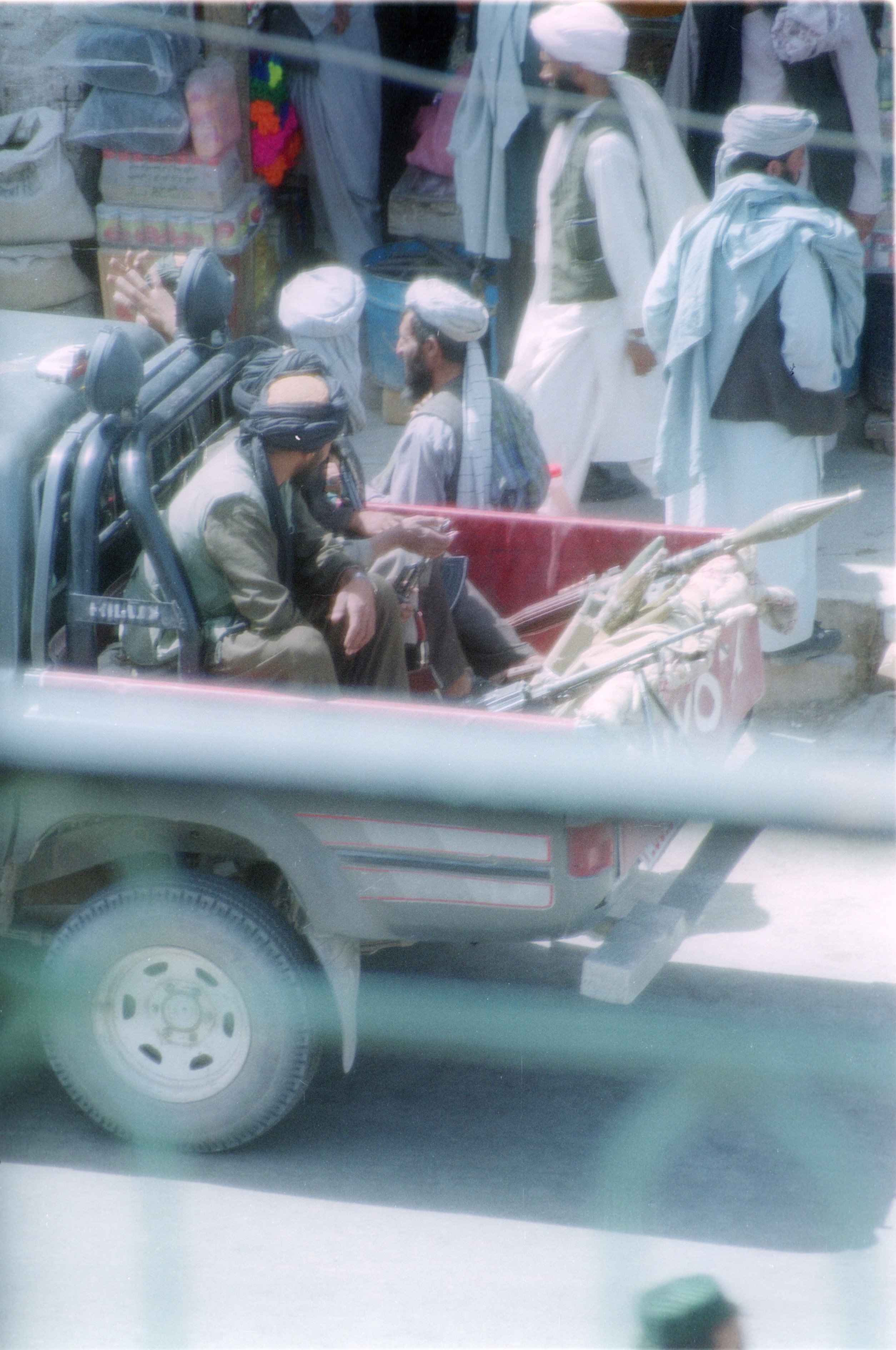More than 18 months after its adoption in The Hague, the Netherlands, and seven months after its formal launch, the Action Plan for Truth, Justice and Reconciliation (APTJR) in war-torn Afghanistan has been hindered by lack of political commitment and armed conflict, UN and Afghan officials told IRIN.
“Thus far, the action plan has been almost a complete failure,” Ahmad Nader Nadery, a commissioner at the Afghanistan Independent Human Rights Commission (AIHRC), said this week in the capital, Kabul.
The action plan, also referred to as ‘transitional justice’, was devised in 2005 – three years after the fall of the Taliban - as a means to address crimes committed by various warring parties over the past three decades in Afghanistan.
The UN and several other international organisations supported AIHRC and the Afghan government in inking a blueprint to deal with rights abuses in the past and reconcile Afghans for a shared future.
Of the five key points of the plan, only one - acknowledgement of past crimes - has been partly executed by the government, Nadery said.
He added that here had been little tangible progress on the other four: a call for truth-seeking and the documentation of past injustices; the promotion of reconciliation and unity; the establishment of an effective accountability mechanism to end impunity; and the establishment of credible and accountable state institutions to ensure the sound and fair distribution of justice for all.
Deadlines not met
Centred around these five points, the action plan sets out recommended actions for the implementation of each point with given deadlines, most of which have already passed with very little or no achievement, officials say.
| Amnesty Bill | |
| In March 2007, Afghanistan’s National Assembly approved a controversial bill which, many experts say, offers amnesty to all those who committed war crimes and crimes against humanity during three decades of war in the country. | |
| The contentious bill, which sparked widespread criticism by human rights groups but is strongly supported by former warring parties, reads: “All parties involved in pre-2002 conflicts are granted legal and judicial immunity.” | |
| However, experts say the wording of the bill is sufficiently vague to offer a number of interpretations. | |
| Read more… | |
| War crime immunity law gets green light | |
| President pressured to sign controversial amnesty bill | |
| War crimes immunity bill passes second hurdle | |
For example, the first point calls on the Afghan government to assign a national victims’ remembrance day, albeit through a formalised event; to establish national memorial sites in the country to honour victims of wars; and to identify a location for a national war museum. A year after the deadline for these tasks passed, none have happened.
The third action point assigns primarily to the AIHRC and to the UN the task of documenting, processing and evaluating all the abuses inflicted on civilians during decades of armed conflict in Afghanistan. The deadline is July 2007, but AIHRC says it will not be able to complete even half of the given task until July 2008.
Lack of commitment
“Due to a lack of political commitment in the government, the action plan has been sidelined,” Nadery said. He added that the UN’s Mission in Afghanistan (UNAMA) - an entity that has played a crucial role in the post-Taliban period – should also share some of the blame for the action plan’s lack of progress for making “unnecessary political compromises”.
“UNAMA has not been outspoken and has not followed it [APTJR] seriously,” Nadery said.
Aleem Siddique, a spokesman for UNAMA in Kabul, rejected these allegations, saying the organisation had been a strong advocate for the implementation of transitional justice in the country. “We are making efforts to encourage all parties to identify the bottlenecks and remove them so that we can see a faster implementation of the action plan,” Siddique said.
 Photo: Akmal Dawi/IRIN  |
| Afghans have been deeply affected by over 26 years of war and destruction |
About 1.5 million Afghans died in the Soviet war from 1979 to 1989, according to numerous accounts. Tens of thousands more died in factional fighting following the overthrow of the Moscow-backed government in April 1992. The Taliban and their opponents have also been widely accused of systematic crimes against humanity from 1996 to late 2001.
Years after their overthrow by a US-led Western coalition in October 2001, the Taliban has resurged in Afghanistan and plunged large swathes of the country into violent insurgency. Thousands of people have died in recurrent armed clashes between Taliban insurgents and Afghan forces, backed by international forces.
Javier Leon-Diaz, a UN expert on transitional justice, said insecurity in the south and east of the country has impeded the implementation of the action plan.
“Transitional justice is a transition from a situation of war to a situation of peace. The problem in Afghanistan is that time [deadlines] is true for parts of the country but not for all the country. I do not think we can begin talking about transitional justice in the south and east while there is war going on there,” Leon-Diaz told IRIN in Kabul. “Those who prepared the action plan were very ambitious.”
ad/at/ed
This article was produced by IRIN News while it was part of the United Nations Office for the Coordination of Humanitarian Affairs. Please send queries on copyright or liability to the UN. For more information: https://shop.un.org/rights-permissions





